In the market, many opportunities stem from deeply ingrained human characteristics. Human emotions and irrational thinking can create a repetitive market pattern, which is the signal for opportunities to arise.
In those simpler and more primitive environments, certain specific worldviews that humans have formed are very helpful to them, but in the trading world, these perceptions have become obstacles. The way humans perceive reality may be distorted, which scientists call cognitive biases. Here are several cognitive biases that affect trading behavior:
Loss Aversion
Loss aversion: Reluctance to cut losses. Many people would rather go bankrupt than cut their losses, which is a psychological state. Because currency trading involves leverage and large fluctuations, people are more likely to recognize the necessity of cutting losses. However, in the stock market, the number of people who are unwilling to cut losses is very large, because the statement "stocks will always rise in a bull market" provides the best reason for not cutting losses. Professional traders cut their losses directly and decisively, just like drinking water and eating.
Sunk Cost Fallacy
Due to loss aversion, people's attitudes towards "sunk costs" have emerged. Sunk costs refer to costs that have already occurred and cannot be recovered. Economist Xu Zhaofeng once pointed out: Sunk costs are not costs. However, most people do not think so, and they find it difficult to accept these facts.
In trading, this phenomenon is also common. For example, many people often hold onto a position stubbornly, not only due to the emotion of loss aversion, but perhaps they are also thinking that if I close it, then my previous losses will be wasted. As a result, they stubbornly hold on, wanting to recover the cost, regardless of other better opportunities. This behavioral pattern will be reinforced as the losses increase, because the larger the sunk cost, the more difficult it is for people to give up. This is why we often hear about people holding stocks for decades.
For traders, they should cut losses when necessary, and give back profits when necessary, without overly focusing on those sunk costs.Disposition Effect
The Turtle Trading Rules refer to the tendency of people to prefer to take profits as the disposition effect. However, I believe it is caused by loss aversion and uncertainty. When our accounts have paper profits, we face the uncertainty of profits and the possibility of profit loss at the same time. This makes it difficult for us to endure continuing to hold positions. We are eager to determine the profit. Therefore, once there is a paper profit, especially when the paper profit starts to fluctuate, it is the time when people most want to close positions.
In fact, trading needs to embrace uncertainty and try to obtain a larger trend market when there is a paper profit. Because only in this way can we have the opportunity to increase the profit and loss ratio and achieve a positive expected return of the overall trading logic. The idea of taking profits as soon as possible is very difficult to hold the trend market.
Outcome Bias
Outcome bias: we are more willing to believe in the outcome rather than the process. Many people only look at whether their own transactions are profitable, and they think that profitable transactions are correct, and losing transactions are wrong. They completely ignore the trading logic behind it.
In fact, professional traders pay more attention to the trading logic. If the logic is correct, even if a single transaction is a loss, it is also correct. If the logic is incorrect, even if the profit is also wrong. For example, holding on. Many people really hold on and come back. Under the cognition of outcome preference, they will think this is correct, and then one day they are taken away by a wave of the market that cannot be held back. There are also many people who have achieved short-term profits due to luck, and the result is also to strengthen their behavior pattern, which ultimately leads to their failure.
It is better to look at the logic rather than the result, because in this uncertain, leveraged field, the result is very accidental, and the logic has real stability.
Recency Bias
Recency bias: pay more attention to recent data or experience. This is easy to understand, many people use a set of trading methods, as long as they lose money recently, they will immediately say: the market has changed or the method is invalid.
For example, the Turtle Trading Rules themselves, many people have tried this trading model, but as soon as this method starts to lose money continuously, they start to question: too many people know this method, it has been invalid. But in fact, the people who can really use this method are very few, a very small part is because they really understand, and most people do not understand the trading logic, they follow their own recency preference.Anchoring Effect
The anchoring effect is a psychological term that refers to the tendency of people to be influenced by first impressions or initial information when making judgments about someone or something, just like an anchor that sinks into the seabed and fixes people's thoughts in a certain place. A typical example of this is the phenomenon of "first appearance."
Why do many people remain indifferent when the market is falling and their accounts are losing money, but are more willing to close positions immediately when the market rebounds to the cost price? In addition to factors such as loss aversion and aversion to uncertainty, another reason is the anchoring effect. This issue is very common in trading, and the solution is also very simple: set reasonable exit conditions and understand that drawdowns are an inevitable cost of trend trading.
Trend Effect
The trend effect is similar to the herd effect, where people tend to believe in something just because others do. For example, most people believe that the Turtle Trading System is no longer effective. Why? Have they verified it? No, because everyone says so.
In trading, insight is very important because it helps traders avoid the above two situations.
Law of Small Numbers
Finally, the law of small numbers, as opposed to the law of large numbers.
The law of large numbers reflects a basic principle. In a large group containing many individuals, the individual differences caused by randomness appear chaotic and unpredictable when looking at each individual. However, due to the effect of the law of large numbers, the entire group can show a certain stability.
The law of small numbers, on the other hand, is that people prefer to pay attention to small groups and small samples. This is actually saying that one should view trading from a certain height. Some people trade five times and get it right five times, and then claim to be a master. But in reality? In reality, this lacks a sufficient number of samples to demonstrate their true strength. The market only has one rise and one fall, which may just be luck.



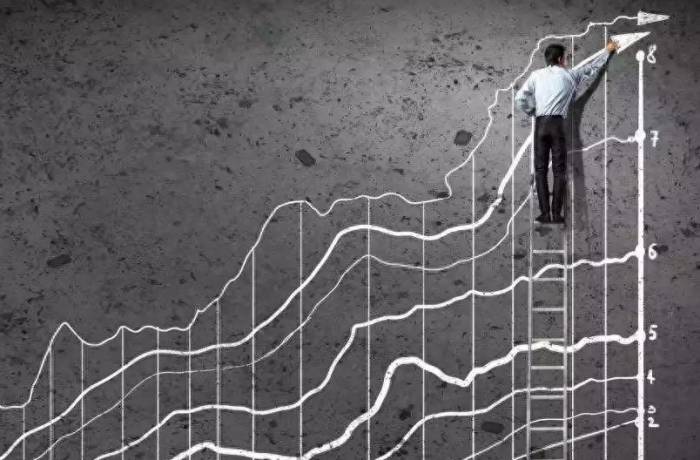
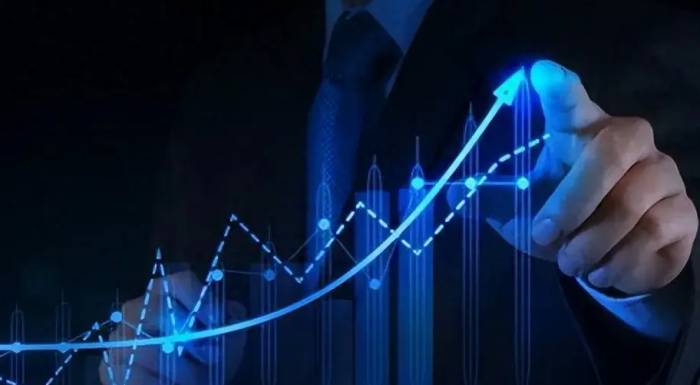
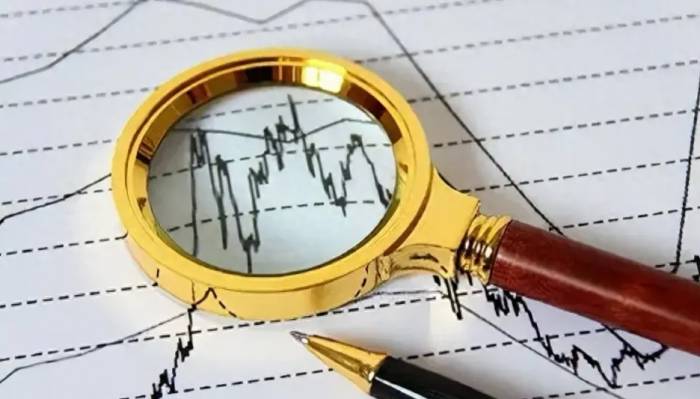





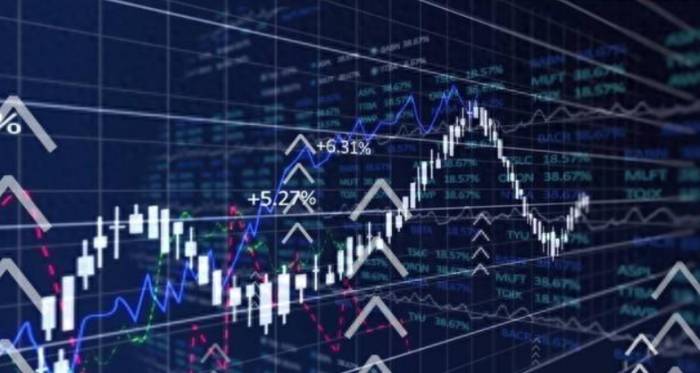

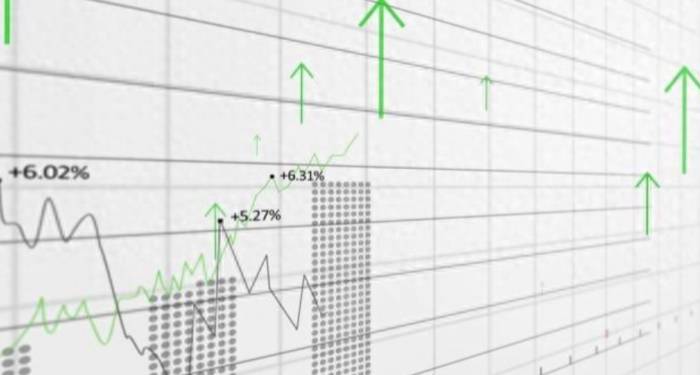
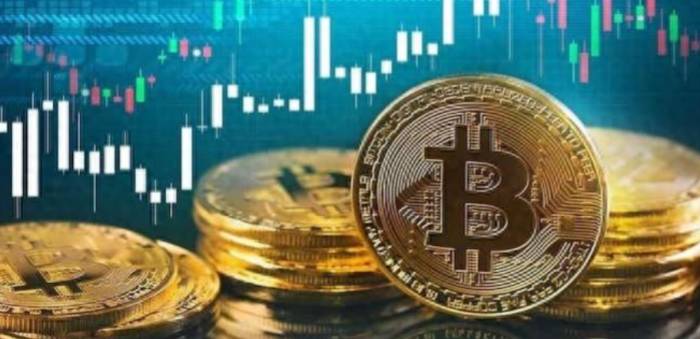





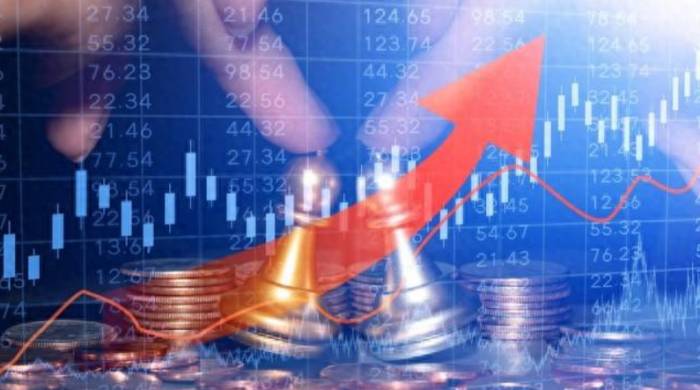


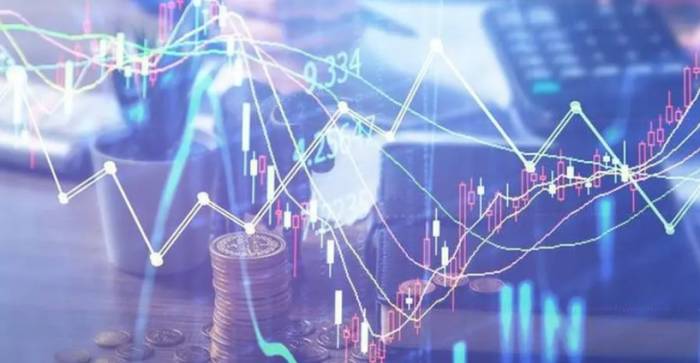

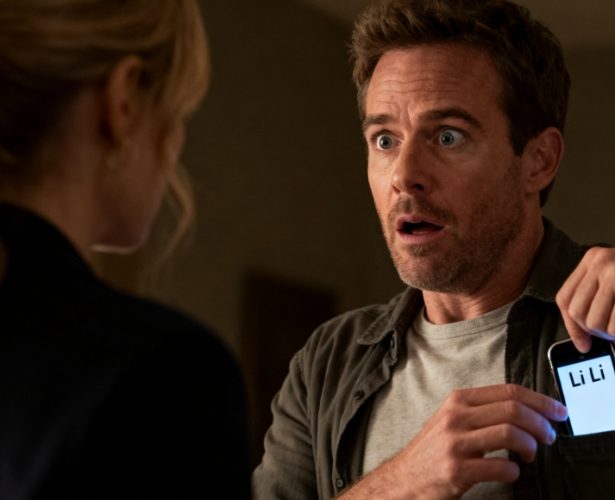
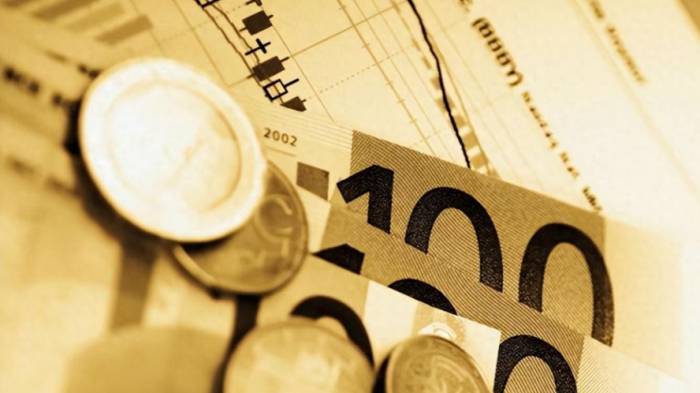



Discussion